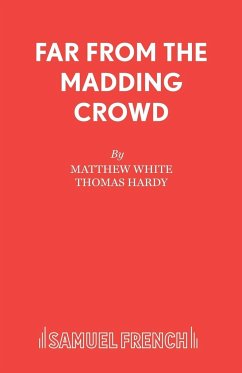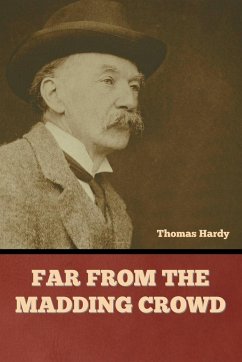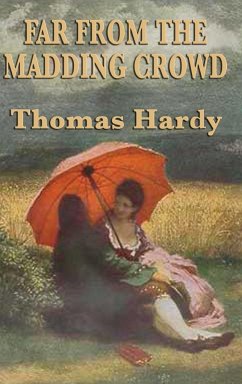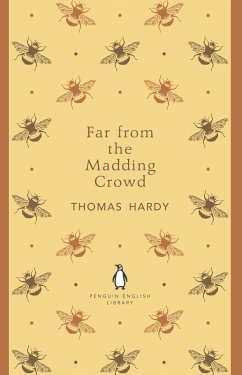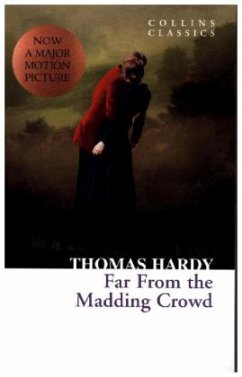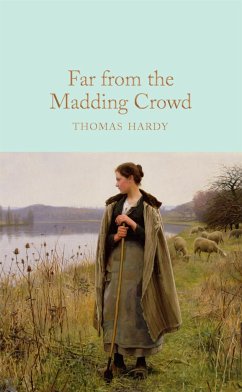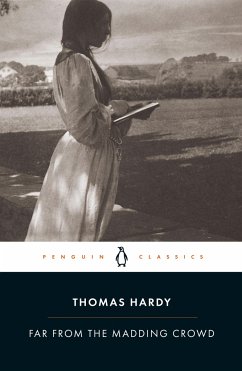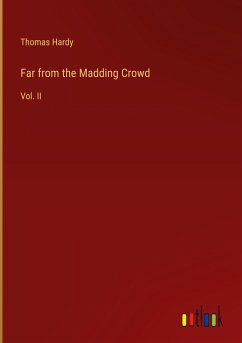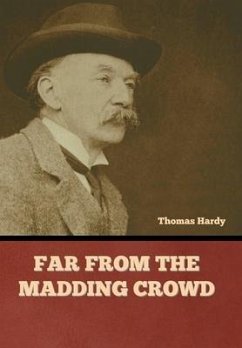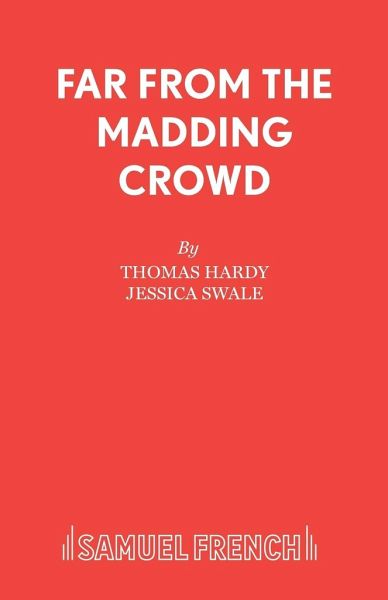
Far From the Madding Crowd
Versandkostenfrei!
Versandfertig in 1-2 Wochen
19,99 €
inkl. MwSt.

PAYBACK Punkte
10 °P sammeln!
When Bathsheba Everdene inherits a farm from her uncle, no-one expects her to run it alone. But our spirited young heroine will not be deterred and eagerly takes up the gauntlet. She rises impressively to the challenges of sheep farming, but the trials of the heart are harder to overcome. Caught between a pair of suitors - the kind and dependable shepherd Gabriel Oak and the prosperous eligible bachelor William Boldwood, her choice seems hard enough. Then the dashing Sergeant Troy appears over the horizon, with a swagger in his step and a dangerous secret in his past. Who will she choose?-4 wo...
When Bathsheba Everdene inherits a farm from her uncle, no-one expects her to run it alone. But our spirited young heroine will not be deterred and eagerly takes up the gauntlet. She rises impressively to the challenges of sheep farming, but the trials of the heart are harder to overcome. Caught between a pair of suitors - the kind and dependable shepherd Gabriel Oak and the prosperous eligible bachelor William Boldwood, her choice seems hard enough. Then the dashing Sergeant Troy appears over the horizon, with a swagger in his step and a dangerous secret in his past. Who will she choose?-4 women, 5 men





